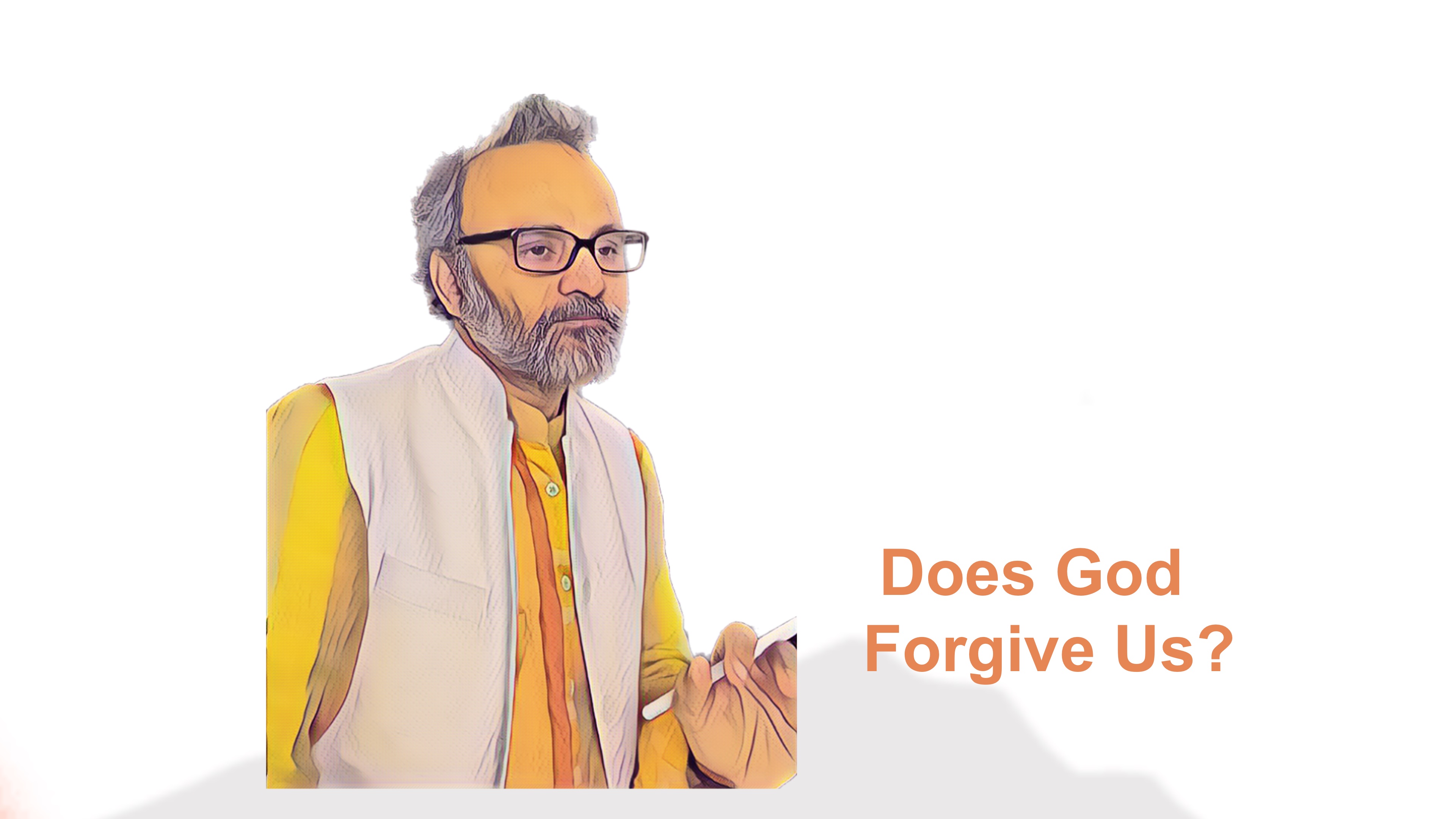
Does God forgive us?
2 years ago By Yogi AnoopDoes God forgive us?
Yogi Anoop: Namaste, my dear friend. I heard you say,
"I commit sins every day, yet He forgives me" Do you truly believe in this principle?
Person: Yes, Yogi Ji. I have heard many people say that committing sins is okay, and God will forgive us.
Yogi Anoop: My dear friend, this is a dangerous notion to believe in. These lines may sound good when spoken by poets and writers, but in reality, this principle cannot do any good for humans. It encourages people to commit sins rather than stopping them mentally and physically. It assures them that if they commit sins, God will forgive them. This is not the right approach.
We cannot simply rely on the concept of forgiveness and forget about our actions. It's important to take ownership of our actions and try to make things right through good karma.
Person: I understand what you're saying, Yogi Ji, but if God forgives us, then what's wrong with committing sins?
Yogi Anoop: My friend, the Supreme Being may forgive a murderer once, but that does not mean the murderer's consciousness will be absolved of his sin. How can his consciousness forgive him? Can karma ever be forgotten from memory? Never. Even if elders and God forgives you, you will carry the burden of your sins until death.
Person: But I thought seeking forgiveness from God was the right thing to do.
Yogi Anoop: Seeking forgiveness from God is important, but it is not the solution to the problem. To forget those sins, you take refuge in the Almighty. However much you try, it cannot be erased from memory. It will haunt you until death. Problem-solving cannot be accomplished through such impressive words. The solution to the problem can only be found through karma yoga.
Person: I see. And what if we have already committed sins in the past? Is there any way to make amends?
Yogi Anoop: Absolutely. The first step is to acknowledge our mistakes and take responsibility for our actions. Then, we must make a sincere effort to make things right. This can include apologizing to those we have wronged, performing acts of kindness and service, and striving to live a life of good karma going forward.
Person: Thank you, Yogi Ji. Your words have given me a lot to think about and have inspired me to strive for a life of good karma.
Yogi Anoop: You're welcome, my friend. Remember, every action has consequences, so let us all strive to make our actions positive and uplifting for ourselves and those around us.
Person: What is karma yoga, Yogi Ji?
Yogi Anoop: Karma yoga is the path of selfless action. It teaches you to do your duty and try to get happiness in that without expecting anything in return. It is the act of performing good deeds, helping others, and being mindful of your actions. Through karma yoga, you can purify your mind and soul, and ultimately attain liberation from the cycle of birth and death.
If we talk about the phrase "As you sow, so shall you reap." This phrase, also known as the law of karma, reminds us that our actions have consequences. What we do, say, and even think, shapes our future experiences.
Poets and shayars often speak about karma, but it's important to understand that while their words may bring temporary peace of mind, true change in our lives only comes through action. Even the most talented writers and poets cannot change their own lives if they don't follow the rules of karma in their daily actions.
The essence of this statement is that karma is not just a concept, it's a real experience. We must understand the rules of karma and live by them every day if we want to achieve peace of mind and good health.
At the end of the day, those who rely solely on poetry and shayari to guide them in life may lose faith in themselves if they don't see real change happening. It's important to remember that we are the creators of our own destiny, and if we sow good deeds, we shall reap the rewards in the future. So let us all strive to sow good karma in every action, thought, and word, and we shall surely reap a bright and prosperous future.
Recent Blog
Copyright - by Yogi Anoop Academy
